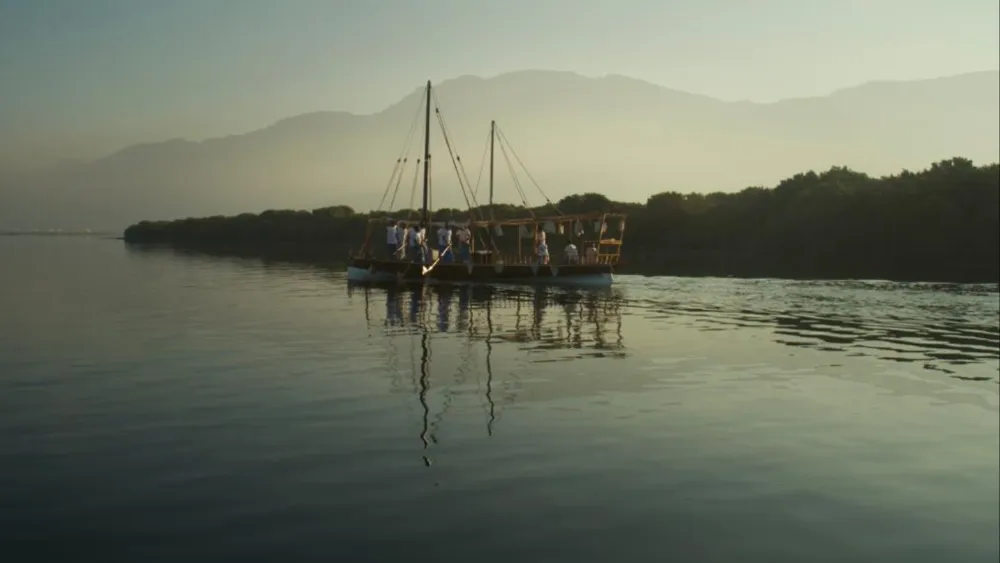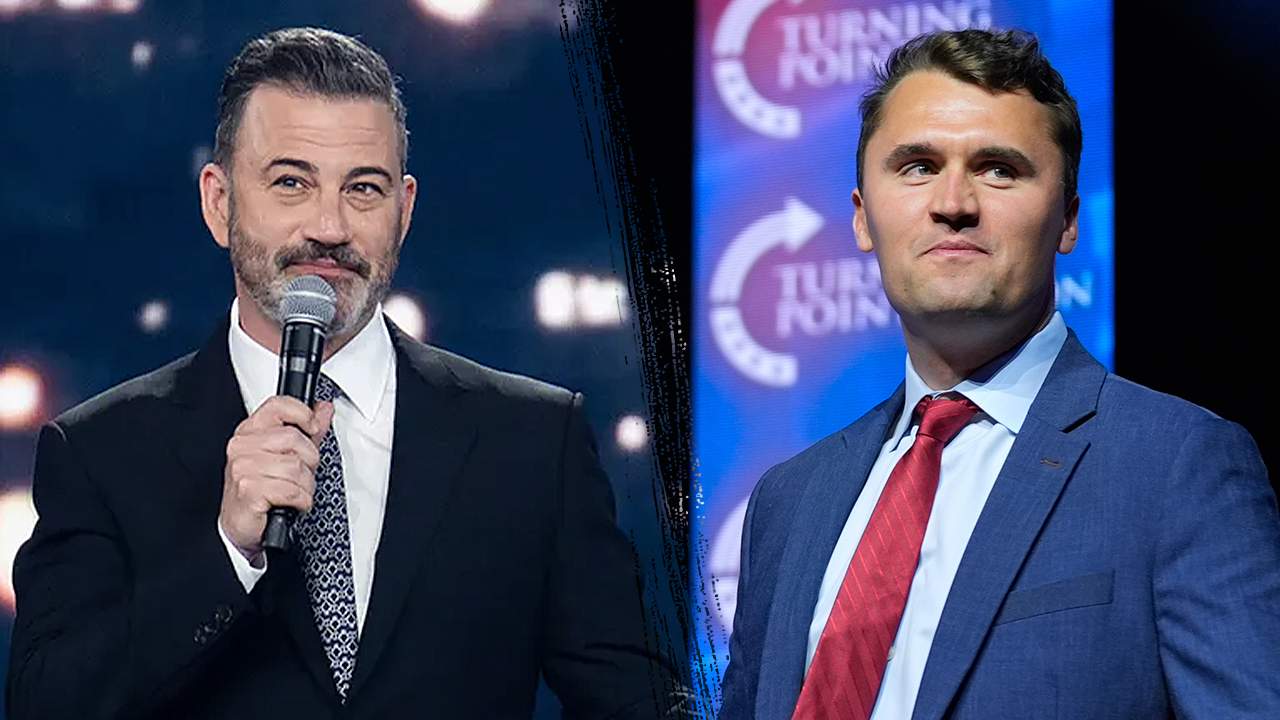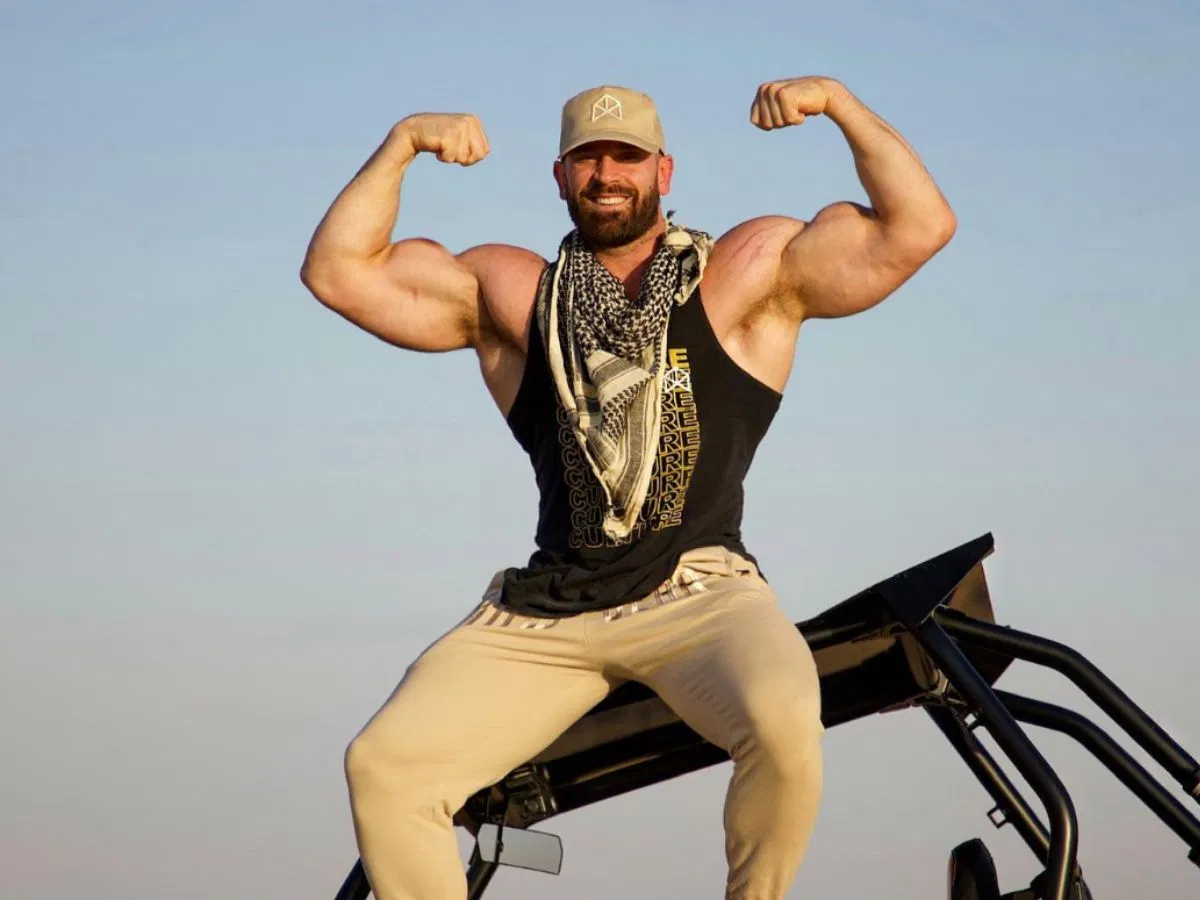
At just 22, Emirati filmmaker Ali Fuad is already building the kind of career he once dreamed of while sitting in dark theaters at the Sharjah International Film Festival for Children & Youth. “I’ve attended since I was 16,” he says. “I would watch screenings and Q&As with filmmakers and tell myself, ‘One day that’s going to be me.’”
This year, Fuad comes full circle with two documentaries in the official selection: “Oh Yamal,” a meditation on the UAE’s pearl diving past, and “Guardians of the Mountains,” an exploration of tribal traditions preserved for over millennia.
The Sharjah Pipeline
For Fuad, SIFF has been more than a platform — it has been a pipeline. He served as a junior juror in 2021, an experience he credits with sharpening his critical eye. “They treated us as professional jurors,” he recalls fondly. “They taught us not to just say a movie is good or bad, but to ask why. That confidence to engage with filmmakers at just 18 built a lot in me.”
Two years later, Fuad premiered “Office War,” a satirical short he made as part of his coursework at Middlesex University in Dubai, before a festival audience. “Seeing your film on the big screen, with dozens of people laughing and asking questions is truly a dream come true,” he recounts. “You start to realize it’s not just about making films, it’s about connecting with audiences. That love of interaction grows with the craft.”
Unearthing Untold Stories
Fuad’s SIFF 2025 entries continue his mission to spotlight overlooked local Emirati stories. “Oh Yamal” revisits the history of pearl divers whose labor underpinned the UAE’s economy long before oil wealth became synonymous with the Emirates in particular, and the Gulf more generally. “We grew up hearing these stories, but there were no films about them,” he explains. “I wanted people today to remember the resilience of our ancestors, the danger of the sea, the months away from families, the sacrifices.”
He frames the peril of long months at sea, divers leaving home without knowing if they’d return, through the music that carried them. “I didn’t want to focus only on the struggle,” he notes. “The songs carried their spirit. They made the divers resilient and kept them going.”
He likens the chants to a kind of ancestral archive, voices that still resonate centuries later. “You don’t even need to understand the words,” Fuad stresses. “The emotions tell you everything.”
In “Guardians of the Mountains,” Fuad turns his lens to the Shihuh tribe living in the mountains along the UAE-Oman border. Their dialect, virtually unchanged for two millennia, proved challenging even for him to follow. “When I first visited, I thought, ‘Am I still in the UAE?’ Their traditions are completely different,” he remarks.
Initial nerves steadily gave way to deep trust. The locals welcomed him warmly, framing his film as part of their own effort to preserve and pass down their culture. For Fuad, that generosity transformed the project from an act of documentation into one of cultural stewardship, where he was tasked with carrying Shihuh voices forward.
From ‘Magical Glasses’ to Middlesex
Fuad’s filmmaking journey began at just 15 with “Magical Glasses,” produced through the UAE Ministry of Education’s Masterpieces program. The short fantasy, about spectacles that reveal people’s true intentions, was made “mainly for fun,” he admits, but it ignited a lifelong passion. “That love of filmmaking started to grow. From then, I knew I wanted to tell stories from my culture, from this environment.”
He later trained at Warsaw Film School, where he studied under industry veterans who have worked on major European and Hollywood productions. “Even though it was just a year, it felt like three or four years of experience,” he reflects. “Every month I was on a set. Being surrounded by that environment, by that energy really made me who I am today.”
Back in the UAE, Fuad directed commercials and joined Image Nation’s Arab Film Studio program, where he learned to handle the pressures of a professional set. “Commercials are fast, fancy, expensive. What it taught me was how to manage a crew and deal with responsibility,” he observes. “When I moved into documentaries, it felt easier: fewer people, less equipment, more time. That made it more artistic.”
Looking Ahead
Fuad sees his generation of Emirati filmmakers as crucial to safeguarding cultural identity in an ever more globalized world. “The younger generation is drifting from Arabic, from local traditions,” he warns. “That’s why it’s more important than ever to make Emirati films, to archive these stories so they’re not lost.”
His ultimate ambition is a feature-length documentary chronicling the UAE’s history from ancient traditions to the present. “I want a film where anyone who enters the theater leaves knowing everything about the UAE: pearl diving, Bedouins, agriculture, the desert, the sea,” he emphasizes.
Beyond that, he has his sights set on fiction, eager to push himself into narratives that might look nothing like the work he’s doing now, a deliberate step into unfamiliar territory, fueled by a desire to explore the reaches of his storytelling.
Rather than simply a showcase, Fuad views SIFF as a launchpad. With the festival betting on its film market and even more networking platforms, he sees it as a venue to meet collaborators and build sustainable momentum toward larger projects. Being in that environment, he remarks, makes the idea of directing a feature feel less like a dream and more like the next step.
For now, though, he’s savoring the moment. Having once imagined himself on the festival stage, Fuad is now a two-time entrant, sharing deeply personal stories with the audiences who first inspired him. “I didn’t expect to have two films selected,” he concedes. “It motivates me to keep going. Festivals like Sharjah make you forget the hard days on set. They remind you why you do this.”



